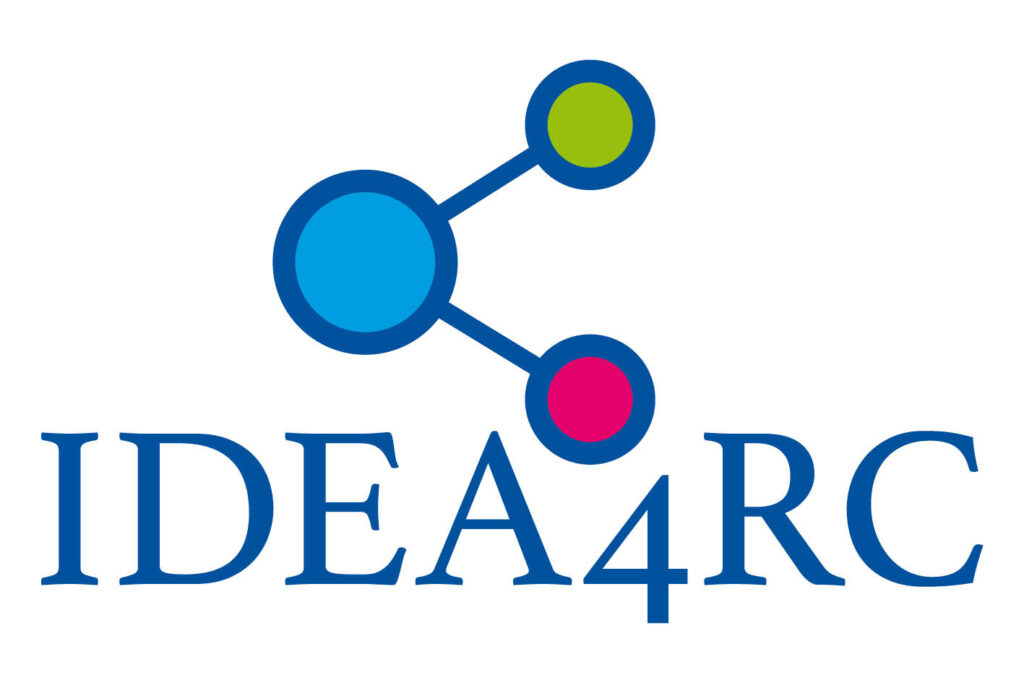On December 4, 2024, the European Patient Advocacy Groups of the EURACAN network participated in a webinar about IDEA4RC’s contributions to the EURACAN registry. The session featured Annalisa Trama, an epidemiologist at the National Cancer Institute of Milan and the coordinator of both the IDEA4RC project and the EURACAN registry.
The EURACAN registry began in 2020, initiated through the STARTER project, with a focus on head and neck cancers. “We had limited resources, and the registry was such an ambitious project that we decided to begin with one of the ten domains of rare cancers in the EURACAN network—head and neck cancers,” Trama explained. The STARTER project utilized open-source data management tools, such as RedCap, to establish a database for these cancers. Data entry was manual, and each participating clinical center stored its data on local servers, all within a federated architecture.
The subsequent BlueBerry project shifted focus to sarcomas, leveraging existing databases at the centers. “The main task here was harmonizing the data according to the OMOP data model,” Trama noted.
Despite progress, both projects were heavily dependent on manual work by hospital data managers. “We realized that this approach was neither cost-effective nor sustainable in the long term,” Trama said.
This challenge led to the development of IDEA4RC. The project aims to minimize manual input and automate data extraction and harmonization processes, while simultaneously enhancing data security and facilitating data governance and data access.
Data extraction will be based on ad hoc natural language processing algorithms trained on existing clinical notes to extract data from texts. Additionally, “in developing the IDEA4RC data space, we are investing significant efforts in the user interface and governance tools. These are designed to accommodate how oncological researchers interact with data for discovery and analysis while addressing the legal requirements for the secondary use of health data,” Trama explained.
Slides from the webinar can be accessed here.
This webinar marked the beginning of a series open to the public. The calendar for upcoming sessions is available here.
